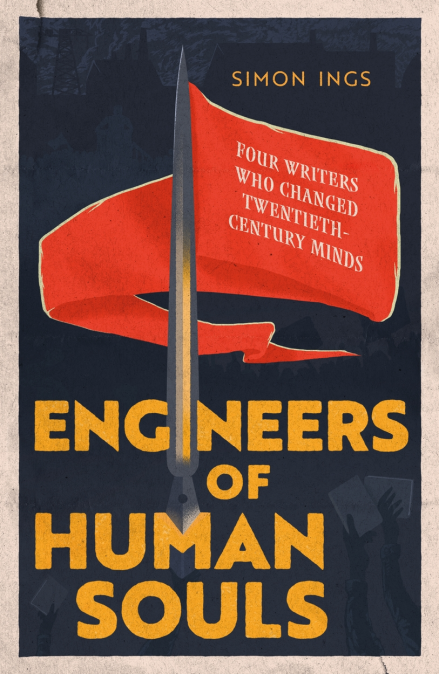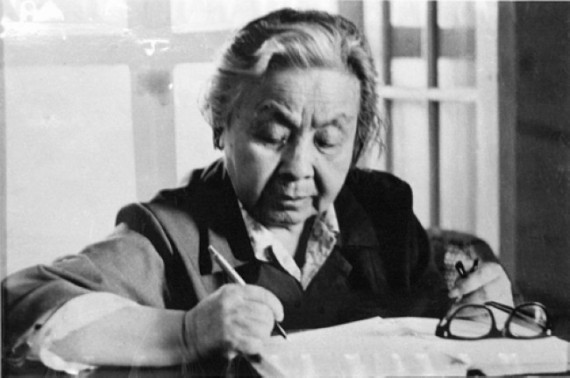 11 January 2024, from Bridge Street Press…
11 January 2024, from Bridge Street Press…
ENGINEERS OF HUMAN SOULS is an intimate and shocking group portrait of four novelists whose political ambitions shaped a century.Maurice Barrès, who first wielded the politics of identity. Gabriele D’Annunzio, whose poetry became a blueprint for fascism. Maxim Gorky, dramatist of the working class and Stalin’s cheerleader. The Maoist Ding Ling, whose stories exculpated the regime that kept her imprisoned.
Each writer nursed an extravagant vision of the future. All four were lured to the centre of political action, where they created the blueprints and practices that sustained notorious regimes.
These stories –- of courage and compromise, vanity and malevolence – speak urgently to the uncontrollable power of words.
Reviews
Ings gives his readers a concise round-up of the intellectual ground in which the twentieth-century dictatorships took root. He has a talent for succinct statements so well turned that they immediately ring true … His openings are arrestingly quirky. He cleverly leaves out the boring bits to offer the reader a staccato sequence of telling vignettes. His tone – by turns breezy and bitterly sardonic – is engaging … Rather than plod through the welter of historical facts, he skips lightly from resonant incident to ringing quotation. His put-downs are trenchant, his asides witty, his exposition of political theory is clear and concise … his book is enlightening and surprisingly entertaining.
Lucy Hughes-Hallett, New Statesman, 24 January 2024
Ings is a pretty unusual individual and the perfect guide to this peculiar selection of odd and ambitious writers. He has tremendous range and moves at speed: he’s the sort of writer so bursting with energy and ideas that it’s sometimes difficult to keep up. He tosses out incidental remarks and insights at an extraordinary rate… and there are brilliant novelistic flourishes throughout as he frantically blurs the boundaries between fiction and non-fiction. There’s enough material in the vignettes alone for about four different books. Instead, we get just this one wild ride.
Ian Sansom, Spectator, 17 February 2024

